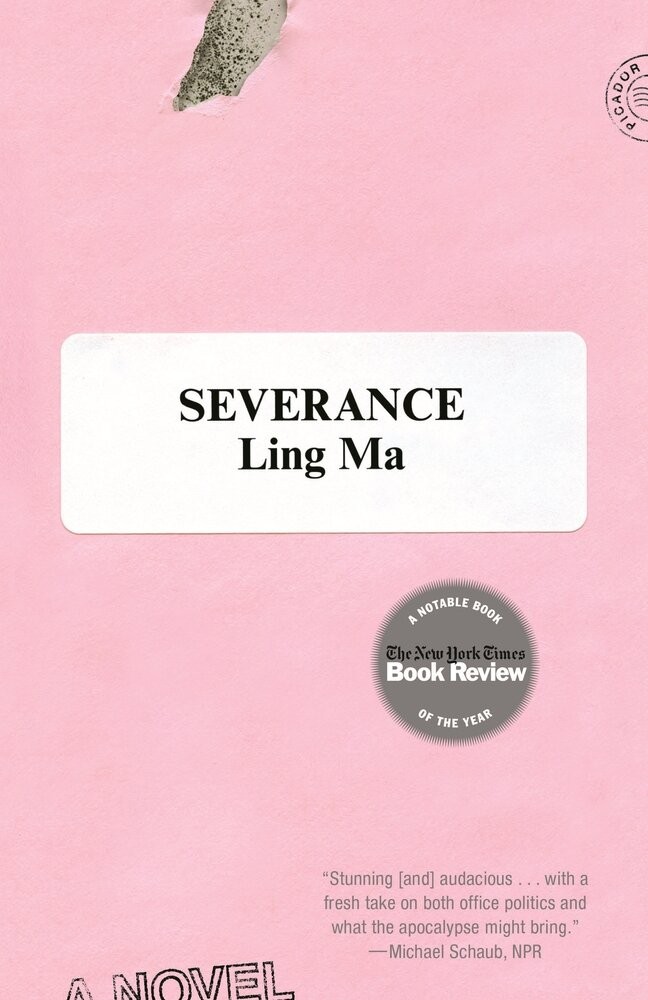
He remained behind his desk, and the sound of pages turning, the quick swipes of the pen as he scrawled devastating comments on students’ papers, served as the white noise that lulled her to sleep. “I’ll take these papers to grade and go downstairs to Holy Grounds,” he said, referring to the basement coffee shop in Godspeed Hall.Įxcept when she lay down, he didn’t leave. “You can take a nap,” he said, and offered to leave his office so she could sleep on the sofa. Taken aback, she explained that she didn’t have enough time to go home before her next class. Once, she offhandedly mentioned that she was tired and sleep-deprived. He was both an involved mentor who frequently elicited her opinions, and a ragged, pacing animal, sour about where he had ended up in life. He had the dream job of watching movies and writing about them. Though flattered that he confided in her, she grew a little bored. Their conversations began to drag over time, usually when he started pontificating about how he’d never intended to be a career academic.

During her junior year, they would talk for an hour every week. “Let’s hear it” was the first thing he’d say when she arrived. After class, she would drop by his office hours to continue class discussion.

She’d read the assigned Gombrich texts, studied the Muybridge prints, wrote a paper on close-ups of Falconetti’s face. She had taken several of his courses, mostly on cinema.

So that by the time she graduated, she was a chain-smoker. Maybe because it gave them both a pretense for talking longer, for the extra duration of a cigarette, then two, then three. Or rather, he didn’t object, and even set out a little dessert plate as an ashtray. He didn’t smoke, but allowed her to as she sat on the sofa across from his desk.

H ow she used to smoke in his office, back when the University allowed that in campus buildings.


 0 kommentar(er)
0 kommentar(er)
